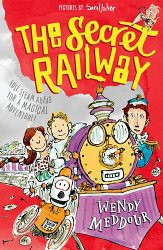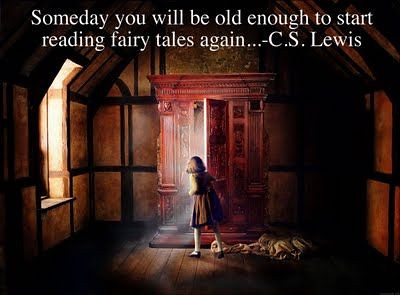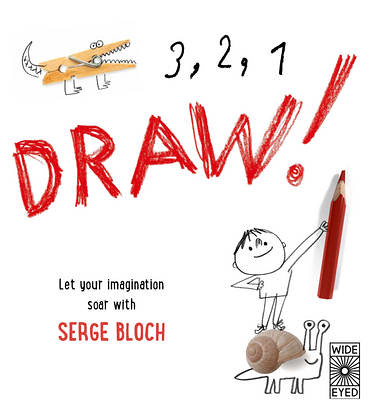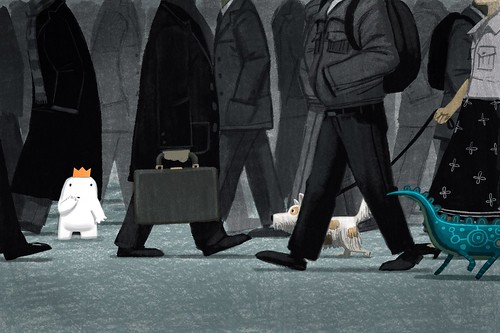Super-publicist Nina Douglas has got a new job. Or I could turn the statement around and say that Barrington Stoke have got themselves a new publicist. I’m really quite pleased to see such a top publicity person go to such an excellent publishing house. I imagine that they will now be able to propel those wonderful little books with the big content much further, to reach many more potential readers who need those stories.
Over at Booktrust, their current writer-in-residence, Phil Earle, is into vlogs. Here you can hear and see him talking to Tom Palmer about boys who don’t read (basically themselves, as neither of them were boys who read books), and it is a tremendously inspiring short chat. (It’s quite funny too, as both are wriggling and wiping their noses, and stuff, despite being quite grown-up…) So really, you can read magazines and newspapers, or websites. It doesn’t have to be books. It can even be a book about Leeds football club. It could make you into a reader, and in some cases, as with Phil and Tom, an author. Really great.
Someone who’s waited a long time to write his first novel, is David McCallum. Yes, Illya Kuryakin is a novelist at the age of 82. I have not read the book, unfortunately (would welcome a copy, you know…), but the excellent people at Crime Review managed to ask David a few questions (Facebook for Dummies? Really?) on the publication of Once a Crooked Man last month. Lucky them!
And finally, wishing plenty of luck for all who found themselves on the Carnegie longlist this week:
Book by John Agard (Walker Books)
A Song For Ella Grey by David Almond (Hodder)
One by Sarah Crossan (Bloomsbury)
The Earth Is Singing by Vanessa Curtis (Usborne)
The Door That Led To Where by Sally Gardner (Hot Key Books)
The Lie Tree by Frances Hardinge (Macmillan)
The Imaginary by A.F. Harrold (Bloomsbury)
There Will Be Lies by Nick Lake (Bloomsbury)
We Are All Made of Molecules by Susin Neilsen (Andersen Press)
The Rest of Us Just Live Here by Patrick Ness (Walker Books)
Jessica’s Ghost by Andrew Norriss (David Fickling Books)
Panther by David Owen (Little, Brown Book Group)
The Shepherd’s Crown by Terry Pratchett (Penguin Random House)
Five Children on the Western Front by Kate Saunders (Faber)
The Ghosts of Heaven by Marcus Sedgwick (Indigo)
Thirteen Chairs by Dave Shelton (David Fickling Books)
Lies We Tell Ourselves by Robin Talley (MiraInk, HarperCollins)
Fire Colour One by Jenny Valentine (HarperCollins)
My Name’s Not Friday by Jon Walter (David Fickling Books)
Liccle Bit by Alex Wheatle (Atom Books)








